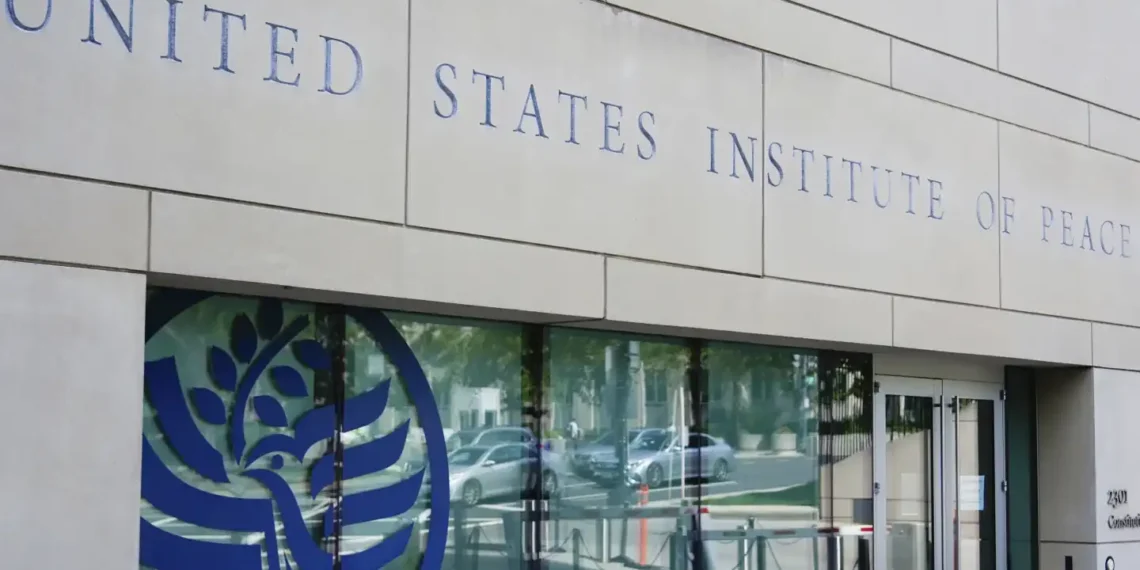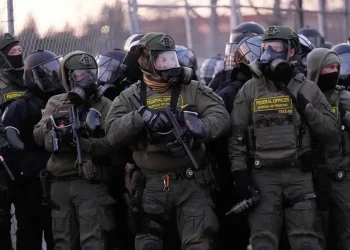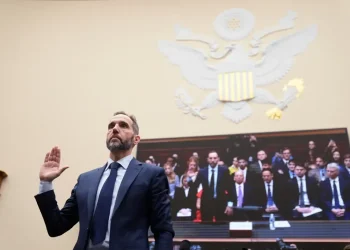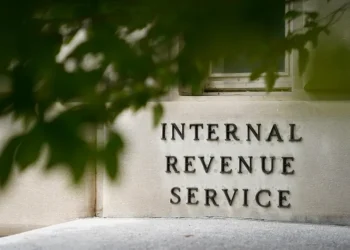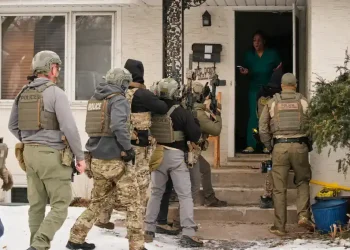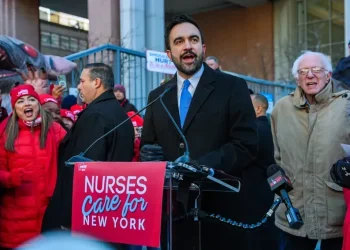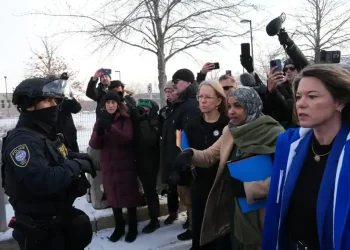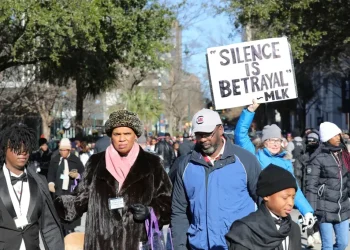Chaos, Courts, and Fallout: How Elon Musk’s DOGE Left the U.S. Institute of Peace in Crisis
WASHINGTON — On what should have been a quiet Friday evening at the U.S. Institute of Peace, staffers began receiving surprise termination emails. By midnight, nearly all 300 employees were out of a job. The abrupt firings marked the peak of a hostile takeover that would leave one of Washington’s most unique federal institutions in chaos.
This wasn’t a rogue operation — it was part of a now-infamous playbook from the Department of Government Efficiency (DOGE), spearheaded by Elon Musk before his departure from D.C. The method: swoop in, remove leadership, seize control of systems and property, and act fast enough that courts can’t keep up.
But unlike most federal agencies targeted in recent months, the Institute of Peace fought back — and, for now, it’s won a rare court-ordered reprieve.
A Peace Mission Interrupted
Founded in 1984 and signed into law by President Ronald Reagan, the U.S. Institute of Peace (USIP) is an independent, congressionally funded think tank designed to promote conflict resolution and peacebuilding in war-torn regions. Before the takeover, USIP had ongoing operations in 26 countries including Afghanistan, Pakistan, Mali, and Burkina Faso.
Everything changed on March 14, when most of the board was fired by email. DOGE staff showed up at the headquarters that afternoon, attempting entry. When denied, a tense standoff unfolded. By Monday, DOGE had returned — this time backed by FBI agents and local police — and took control of the building.
Employees like George Foote, the institute’s longtime legal counsel, and security head Colin O’Brien were escorted out. “They had guns. I didn’t,” Foote said, recalling the moment he was forced to leave.
The March 28 Purge
On March 28, the situation escalated. Termination emails rolled out alphabetically. By the end of the night, almost the entire USIP staff was gone. Among them was Nicoletta Barbera, who managed peacebuilding programs in West Africa. Her colleagues on the ground in Burkina Faso and Mali were abruptly cut off from support.
“We were helping local communities spot early signs of radicalization,” Barbera said. “Then we were just … gone. And not because of failure — because someone decided we were expendable.”
A Judge Intervenes, but Damage Lingers
In a hearing, U.S. District Judge Beryl A. Howell criticized the government’s methods, calling them “a bull in a china shop.” On May 19, she ruled that DOGE’s actions — from the board firings to the building transfer — were illegal. The law that created USIP, she said, outlined a specific process for leadership changes, and none of it had been followed.
“Even if the institute is part of the executive branch, the firings were unlawful, and so everything that followed is null and void,” she wrote.
The ruling restored control to the original board and acting president, Ambassador George Moose. However, the government has since filed an appeal and requested a stay — a move that could stall recovery efforts for months.
Picking Up the Pieces
Today, only about 25 people — less than 10% of the original workforce — are back at headquarters, trying to restore operations. Computers need fixing. Documents are scattered. Food has spoiled. Overseas offices remain shuttered, and funding is tied up in bureaucratic knots.
Foote and O’Brien say their top priority is regaining access to accounts and endowments — especially the ones moved during the takeover. But federal finance rules are notoriously slow.
“We’re the first ones behind the looking glass,” O’Brien said. “It’s not just damage control. It’s reassembly.”
A Ripple Effect Across the Globe
The emotional toll on staff is significant. Moose worries not just about the legal battle ahead but about the long-term trauma to employees and global partners. “This wasn’t just a job for most of them,” he said. “This was a mission.”
And that mission — preventing violence, building peace, stabilizing fragile nations — remains uncertain.
“I can’t help but wonder,” Barbera said, reflecting on a recent massacre in Burkina Faso, “what might have been different if we’d still been there.”
What Comes Next?
The Institute of Peace’s fate now rests with the U.S. Court of Appeals. But even if the legal battle is won, the road to restoration is steep. For other federal institutions under threat, this case is a warning: legal wins may not undo real-world losses.
DOGE’s campaign may have lost in court, but the scars it left are still very real — and very human.
This article was rewritten by JournosNews.com based on verified reporting from trusted sources. The content has been independently reviewed, fact-checked, and edited for accuracy, neutrality, tone, and global readability in accordance with Google News and AdSense standards.
All opinions, quotes, or statements from contributors, experts, or sourced organizations do not necessarily reflect the views of JournosNews.com. JournosNews.com maintains full editorial independence from any external funders, sponsors, or organizations.
Stay informed with JournosNews.com — your trusted source for verified global reporting and in-depth analysis. Follow us on Google News, BlueSky, and X for real-time updates.
